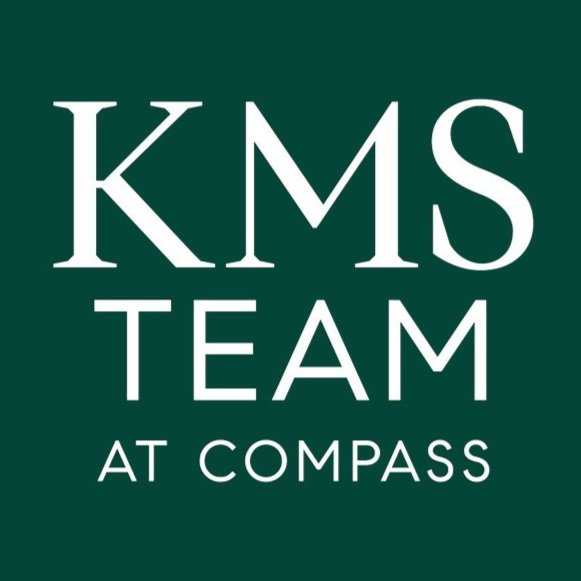As the saying goes, “nothing is certain but death and taxes”. Yes, no matter where you live in the United States, taxes are a certainty. When considering a move across state lines, it’s important to understate the tax implications. Biased for sure, but we think the “bang for your buck” is a lot better in Connecticut than the surrounding states!
Connecticut sales tax rate is a 6.35% - no local or county taxes can be levied to increase this rate. Groceries are tax free; however, the restaurant and prepared tax food rate was just increased to 7.35% on January 1, 2020. Connecticut income tax rate is graduated based on taxable income and ranges from 3%-6.99%.
In the Constitution State, property is taxed in three categories: Registered Vehicles, Personal Property and Real Estate.
Property is revalued at least once every five years, per state statute. Registered vehicles and personal property are typically revalued every year. In general, the personal property tax relates to business assets, exempting most individuals. However any unregistered vehicles, horses or mobile homes are considered personal property for taxing purposes.
Municipalities assess property at 70 percent of its fair market value and then calculate a tax based on its Mill Rate, which is set based on the town budget each year. One mill is equal to one dollar of tax per $1,000 of assessed property value. For example, estimated tax (used 2019 Mill Rates) on a home with a fair market value of $1 million would be as follows:
Mill Rate Est. Tax
Westport 16.86 $11,802
Norwalk 23.315 $16,321
Fairfield 26.79 $18,753
Wilton 28.5373 $19,976
Weston 32.37 $22,659
Remember, tax is based on the fair market value assessed at the last valuation date. A sale of property does not trigger an automatic revaluation. Changes in assessment can be made due to building permits, demolitions or new developments.
As you can see, there is quite a range of Mill Rates throughout Fairfield County. Each town establishes its Mill Rate based on their town budget and base of taxable property, referred to as their Grand List. The ratio of town budget to Grand List Value determines the Mill Rate.
Towns with higher property values tend to have lower Mill Rates and therefore lower taxes, which means your home buying power can vary from town to town.
See chart below for Mill Rate Trends in Westport, Weston, Wilton, Fairfield and Norwalk.
Source: portal.ct.gov
Westport and Fairfield properties are being revalued in 2020; Norwalk, Wilton and Weston were last revalued on October 1, 2018 and will be revalued in October 2023.


